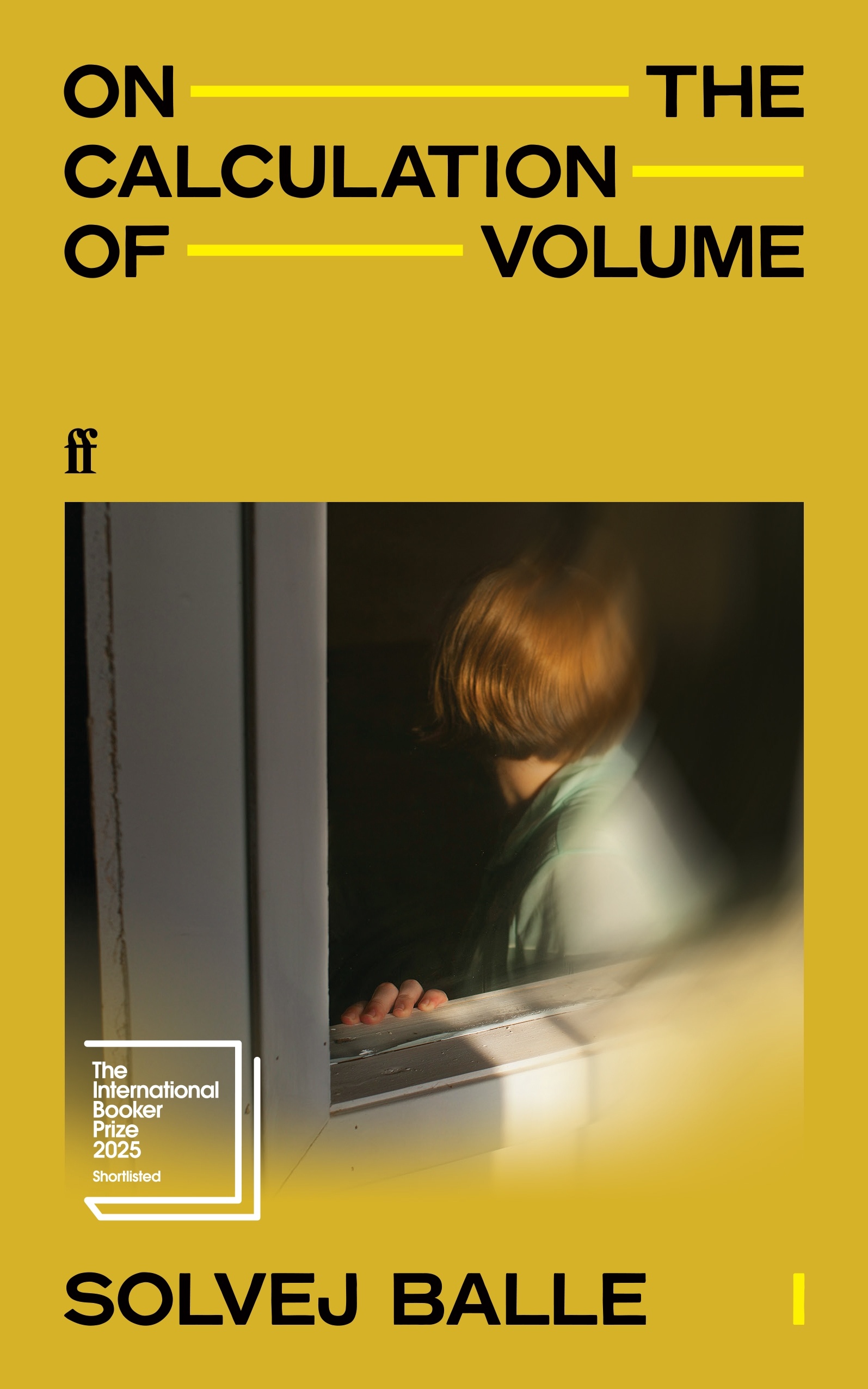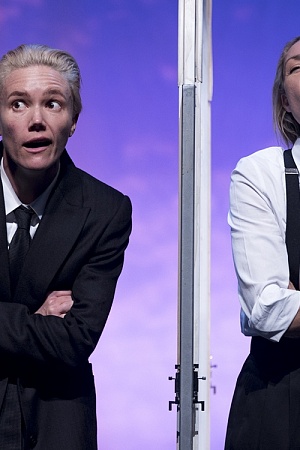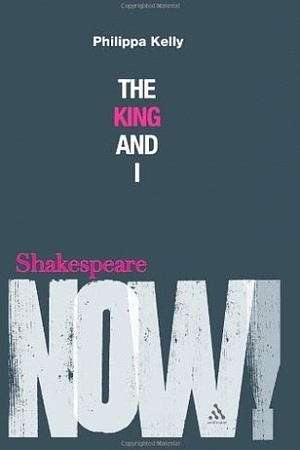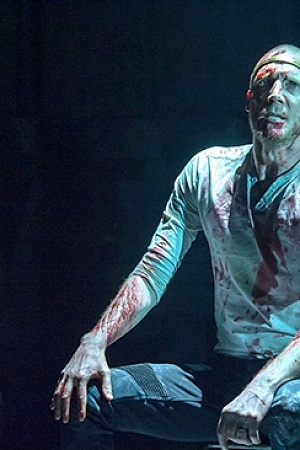Tyrant: Shakespeare on Power
Bodley Head, $37.99 hb, 224 pp, 9781847925046
Tyrant: Shakespeare on Power by Stephen Greenblatt
In 2017, Oskar Eustis directed the Public Theater production of Julius Caesar – a play that pivots on the assassination of a political leader – in Central Park with a lead actor who bore an unmistakable likeness to the forty-fifth president of the United States. The conservative backlash was swift and powerful: key sponsors Delta Air Lines and the Bank of America withdrew funding for the production, and Donald Trump Jr took to Twitter to vent, querying ‘how much of this “art” is funded by taxpayers?’ and pondering ‘when does “art” become political speech & does that change things?’ Scholars, including Stephen Greenblatt (New York Times, 12 June 2017), were quick to point out the obvious: that Shakespeare’s play does not endorse the assassination of Caesar, and that the efforts to preserve the Roman Republic do more harm than good. Nevertheless, the damage had been done, and Shakespeare companies across the United States received death threats in the following weeks, despite having no affiliation with the Public Theater. Shakespeare’s political relevance was firmly in the public’s imagination.
Stephen Greenblatt’s new study of political tyranny is a product of such controversial events. From the early question, ‘how is it possible for a whole country to fall into the hands of a tyrant?’, it is obvious that Donald Trump (never named in the book) is the not-so-subtle subtext. Billed repeatedly as ‘relevant’, ‘highly relevant’, and ‘contemporary’ on its cover blurb, Greenblatt’s account of Shakespeare’s tyrants barely attempts to disguise its topicality for modern America. Where Greenblatt’s early works invest faith in the power of anecdotal history and foreground the critical problem of subjectivity in methodology, offering a conceptual account of how texts both affect and respond to the conditions of their production, Tyrant extends the New Historicist methodology, acknowledging the potential for presentist concerns: ‘The playwright remained very much part of his place and time, but he was not their mere creature.’ The political and religious tensions of early modern England are thus refracted through the lens of current anxieties, as when Greenblatt observes of the ‘radicalized’, ‘home-grown’ terrorists trained abroad and ‘smuggled’ back into England (the Jesuit conspirators seeking to remove Elizabeth I from power): ‘[l]ike the killing of Osama bin Laden in 2011, the beheading of Mary on February 8, 1587, did not end the threat of [Roman Catholic-sponsored] terrorism in England’. (Interestingly, the bin Laden reference has been added to the opening chapter – presumably to reinforce topicality – since it was first published in The New Yorker, 4 May 2018).
Continue reading for only $10 per month. Subscribe and gain full access to Australian Book Review. Already a subscriber? Sign in. If you need assistance, feel free to contact us.











Leave a comment
If you are an ABR subscriber, you will need to sign in to post a comment.
If you have forgotten your sign in details, or if you receive an error message when trying to submit your comment, please email your comment (and the name of the article to which it relates) to ABR Comments. We will review your comment and, subject to approval, we will post it under your name.
Please note that all comments must be approved by ABR and comply with our Terms & Conditions.